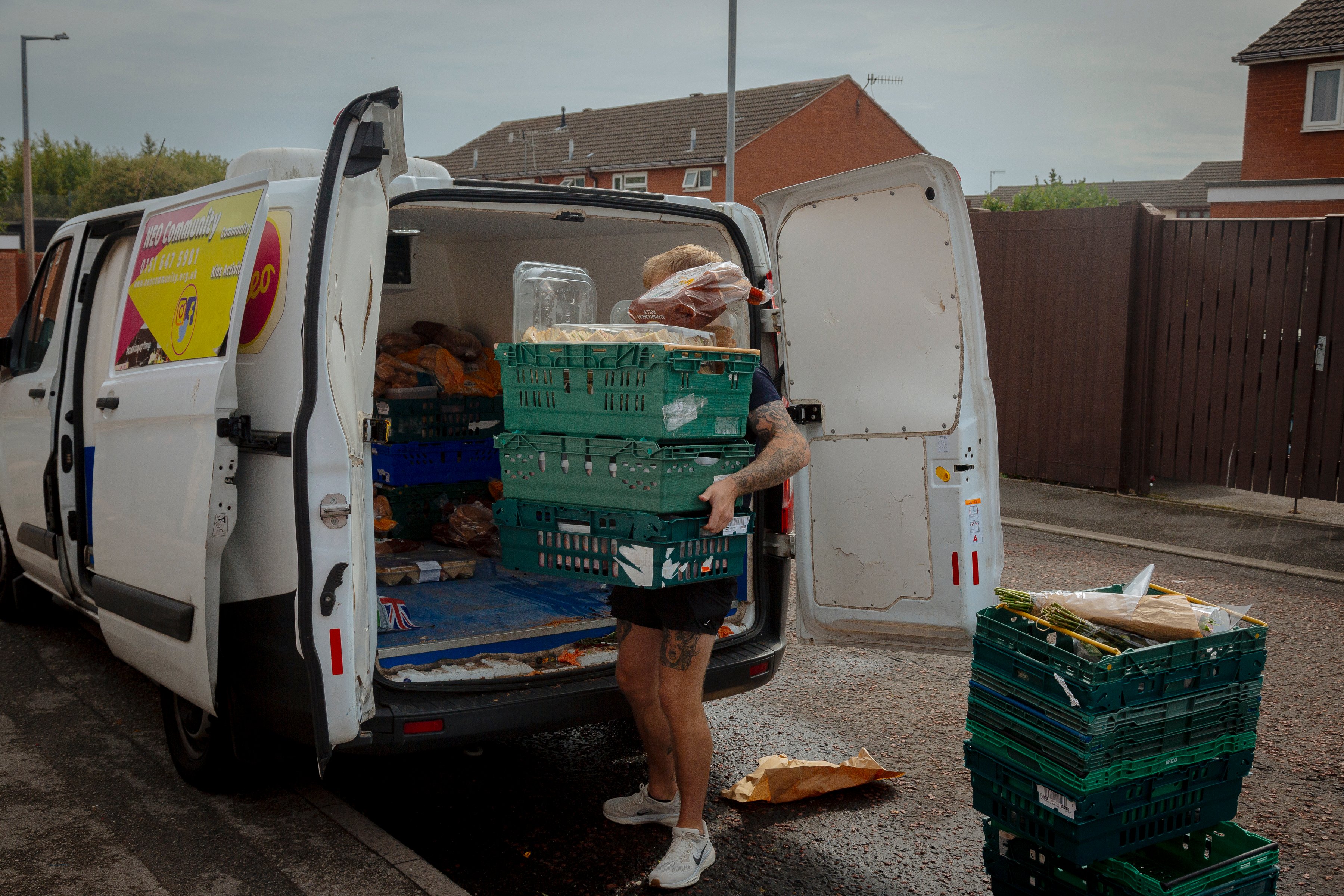
Destitution in the UK 2023
This study, the fourth in the Destitution in the UK series, reveals approximately 3.8 million people experienced destitution in 2022, including around one million children. This is almost two-and-a-half times the number of people in 2017, and nearly triple the number of children. There is an urgent need for action to tackle destitution in the UK.
There has been a shameful increase in the level of destitution in the UK, with a growing number of people struggling to afford to meet their most basic physical needs to stay warm, dry, clean and fed. This has deep and profound impacts on health, mental health and people’s prospects; it also puts strain on already overstretched services.
Nearly three-quarters of people experiencing destitution are in receipt of social security payments, further evidence of benefit inadequacy. Ad-hoc support from the Government, first during the pandemic and now to help with the cost of living, has not halted the rising level of destitution. We urgently need a bold and ambitious programme of action to address destitution and its corrosive impacts.
Recommendations
- Universal Credit should have an ‘Essentials Guarantee’ to ensure everyone has a protected minimum amount of support to afford essentials such as food and household bills. An independent process should determine the Essentials Guarantee level, based on the cost of essentials. Universal Credit’s basic rate would need to at least meet this minimum amount, and deductions would not be allowed to reduce support below that level.
- Undertake wider reforms to social security, including: lowering the limit on deductions from benefits to repay debts; reforming sanctions so people are not left with zero or extremely low income; and ensure people can access disability benefits they are entitled to.
- Ensuring cash-first emergency financial assistance is available in all areas, along with free and impartial advice services to address the crushing debt, benefits and housing issues that keep people destitute.
- Enable everyone in our communities to access help in an emergency whether they have ‘no recourse to public funds’ or not – and resource local authorities to meet this additional need. Local authorities, charities, independent funders and housing providers should also work together to prevent destitution and homelessness for people with restricted entitlement.

This report is part of the deep poverty and destitution topic.
Find out more about our work in this area.